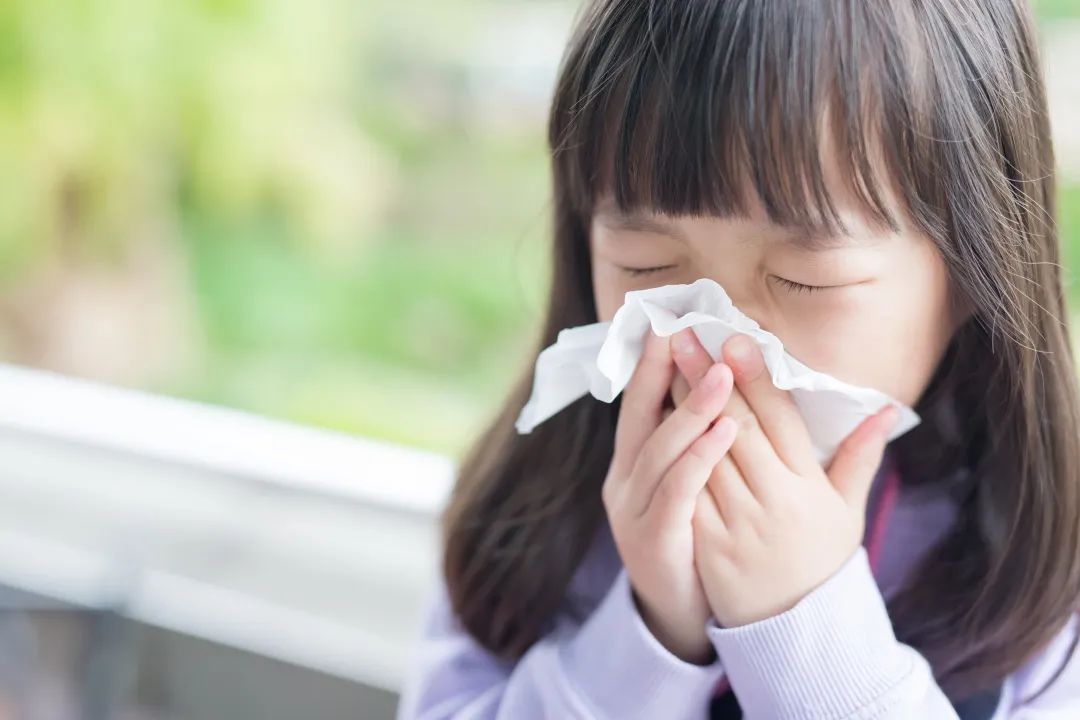Flu Season: How to Avoid Catching the Flu
2023-04-04
PARKWAY 百汇医疗 Back to school often means your child is likely to catch something so make sure you`re ready. Now that your kids are back to school, you're probably embracing morning routines and nightly homework. School is an incredibly important place for kids to gain knowledge and develop mental and interpersonal skills – but it is also a hotspot for bacteria and viruses. So be sure to prepare for the inevitable: the back-to-school illnesses. Hearing that dreaded "cough cough" everywhere you go? Here's how to protect your child and yourself this flu season. How do I know if my child has the flu? Symptoms of flu include the following: While these are common indicators of the flu, your child may or may not have all of the above symptoms. Is there a difference between the flu and a cold? Influenza, commonly known as the flu, comes on hard and fast. Compared to a common cold, a flu consists more fever, headache and muscle aches, and less cough, sore throat and runny nose. Symptoms for both illnesses may seem similar, but those for the flu are generally more intense. While colds tend to only last a few days and are characterized by a stuffy or runny nose. The flu often includes fever and body aches and can leave your child miserable for weeks. Symptoms aside, a bad case of the flu can also lead to major health complications such as pneumonia, inflammation of the heart, and multi-organ failure. The easiest way to tell what illness your child has? Taking his/her temperature! Fevers often arrive at the beginning of a flu, while they're very rare for colds. How do I protect my child from the flu bug? Staying healthy during the flu season can be challenging, as the virus is notoriously contagious. That said, taking the following precautions greatly increases your child’s chances of staying flu-free: You could also consider a flu vaccination. A flu vaccination can reduce the chance of illness by up to 60%. It takes 2 weeks for the vaccine to work, so you should get your child vaccinated before the flu season starts, once every year. It's easy to get vaccinated at any hospital or clinic for a fee–a small price to pay to stay healthy! If my child’s down with the flu, what should I do? If your child has got flu-like symptoms, take the following steps to recover quickly and prevent spreading the virus to others: See a doctor immediately if your child develops the following symptoms: Even if your child’s symptoms are not severe, visiting a doctor is recommended to help your child recover more quickly and alleviate discomfort. A doctor may prescribe antiviral medication to fight the virus, and painkillers to deal with symptoms like headaches and muscle pains. Article reviewed by Dr. Martina Sunic Omejc, Pediatrician of Parkway.
































